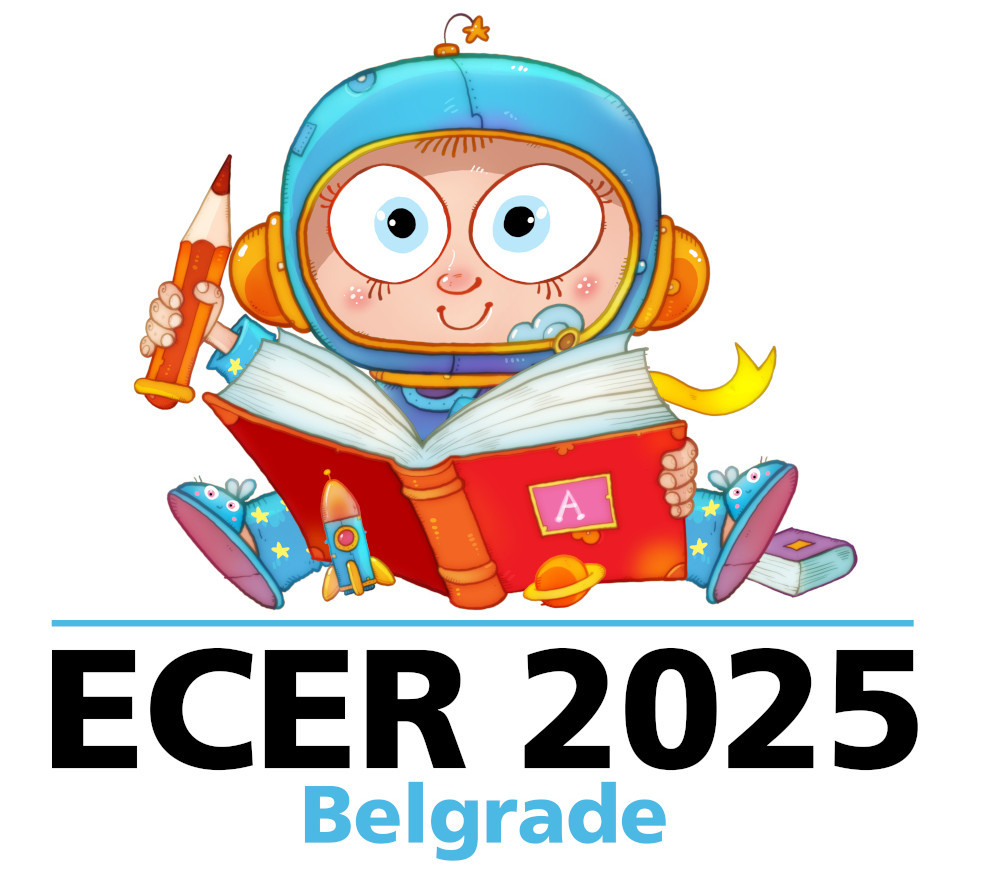- Speakers: Christian Ydesen (University of Zurich, Switzerland); Kirsten Sivesind (University of Oslo, Norway)
- When: 00 SES 18 B / Friday, 12/Sept/2025: 16:00 - 17:00
- Location: Main Hall | SANU main entry | 2. Fl
A biological/neuro-affective turn in policy and practice is emerging in education, placing human biology—particularly the brain and genetic makeup—at the center of policymaking, government programs, and pedagogical practices. Rooted in technological advances in behavioral genetics and neuroscience, this shift seeks to establish a “scientific” foundation for optimizing learning and addressing educational and social inequalities through tools such as polygenic indexes and socio-emotional learning (SEL) assessments.
This year’s EERJ Moot invites critical reflections and discussions on the influence of this turn in European education research. Of particular interest is how the contemporary multi-stakeholder landscape in education—including intergovernmental and non-governmental organizations, philanthropic foundations, consortia, edu-businesses, think tanks, interest organizations, and expert networks—both facilitates and engages with the biological/neuro-affective turn.
The Moot seeks to explore both conceptual and theoretical perspectives, as well as political and practical questions, such as:
- How does the biological/neuro-affective turn challenge or complement existing theories, values, and conceptions of education and its purposes?
- What are the implications for European education research and knowledge production?
- How do different stakeholders influence the adoption and implementation of this turn in European education systems?
- What are the consequences in terms of power dynamics in policy, schooling, and research?
- What are the epistemological and ethical implications of using behavioral genetics and neuroscience as a foundation for educational policy and practice?
- How might teachers and educators experience and respond to the increasing role of neuroscience and behavioral genetics in their profession?

Important Dates ECER 2025
01.12.2024 | Submission starts |
31.01.2025 | Submission ends |
01.04.2025 | Registration starts |
01.04.2025 | Review results announced |
15.05.2025 | Early bird ends |
25.06.2025 | Presentation times announced |
30.06.2025 | Registration Deadline for Presenters |
08.09.2025 | ERC First Day |
09.09.2025 | ECER First Day |
Conference Venue
Main Building (Check-in etc):
University of Belgrade
Faculty of Philology
Studentski trg 3
Belgrade

Ed Research in Serbia
While preapring for ECER 2025, read the Blog Post introducing some specifics of educational research in Serbia.
Towards reconnecting within and beyond the educational research community in Serbia